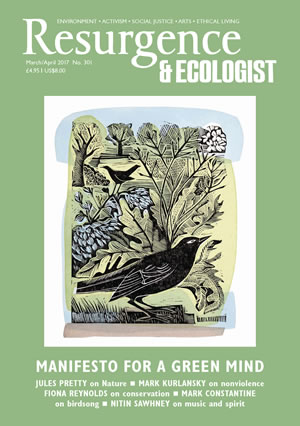One of the things the Brexit vote in the summer of 2016 made clear was that traditional notions of left and right are collapsing in British politics. Neither Labour nor the Conservatives comfortably map onto either side of the rupture that has divided the electorate – and this is just one pronounced example of a pattern emerging across the world. The political right has been nimble in adjusting to this new reality, gaining ground by co-opting the language of their opponents, and blending it with bigotry both implicit and explicit. The results have been frighteningly effective.
By contrast, the left has failed to produce a similar survival strategy. This collection of essays explores what an effective progressive response might look like. The days of a two-party race for first past the post are gone, the authors argue. Now the task is to match the right’s ability to move beyond tribalism, and mount a credible opposition to forces that will otherwise unleash further neoliberalism, xenophobia and crisis.
Put simply, parties on the left must work together to get more of their own in power than their opposition. And although the book shuffles around exact practicalities, this will mean parties making roughly formal agreements to stand aside from one another in certain seats.
It’s a compelling idea. As things stand, progressive voters are presented with an apparent split between ‘radicals’ shackled to ideological purity, and ‘moderates’ who claim special access to the levers of power. For the average voter, this is uselessly polarised. Few people want their leaders to be elected on a leftist ticket, only to launch neo-imperialist wars and private finance initiatives. Nor do many people want leaders committed to a fully funded NHS but doomed to shout about it at rallies forever. Anyone who considers voting for a progressive candidate surely wants some practicable blend of the two: both power and principles.
This to me – and for many of these essayists – is the beauty of a progressive alliance. It seems to be the extremely rare sort of compromise that gives everyone more or less what they want. So-called moderates regain power. So-called radicals get their views represented in parliament. And neither group needs to make unacceptable concessions to do this. Surely this must be appealing to all involved, not least the hundreds of thousands queuing at food banks?
Tribalism is a key barrier to implementing the book’s ideas, and that’s something the left has always been good at, leaving the right to get on with the task at hand. Although passionate party loyalty has obvious benefits, it can mean that activists of the left see their party’s victory as an end in itself rather than as a means of shaping a society they wish to see. For many Labour voters the aim is a Labour victory. For most UKIP voters the aim is to get foreigners out. This is an important distinction to recognise.
In response, progressives must now put shared values and common interests above party politics. Not out of misty-eyed idealism, but with clear-sighted pragmatism.







